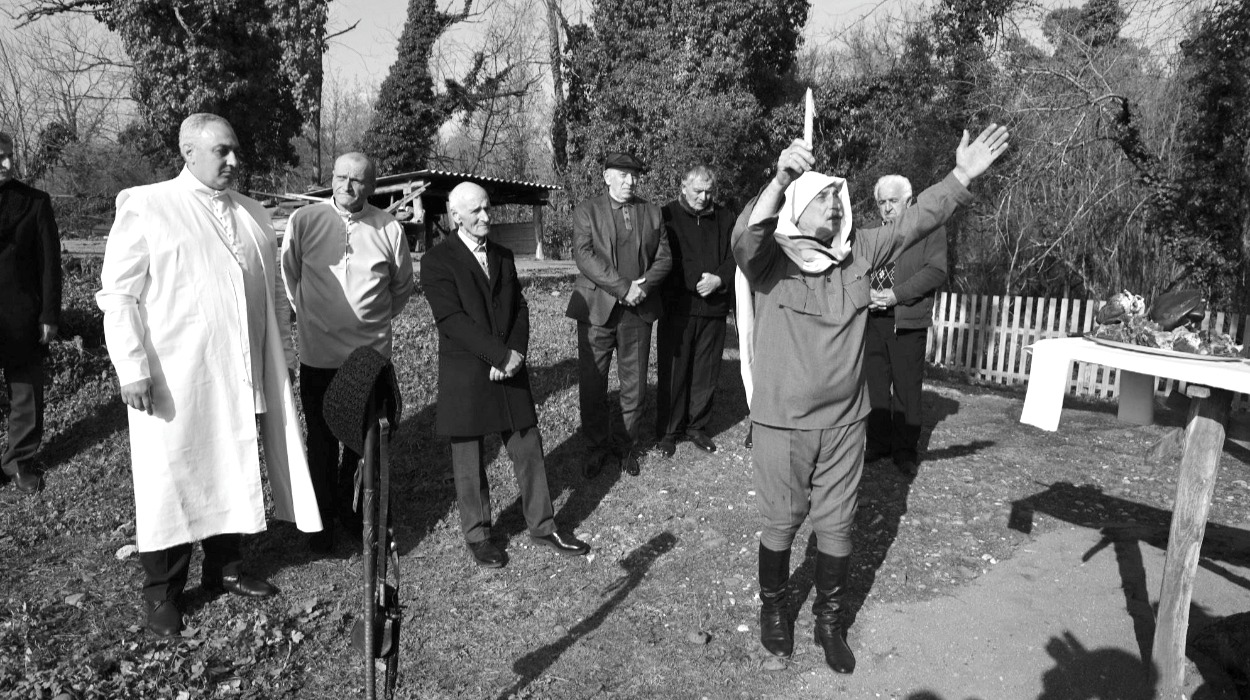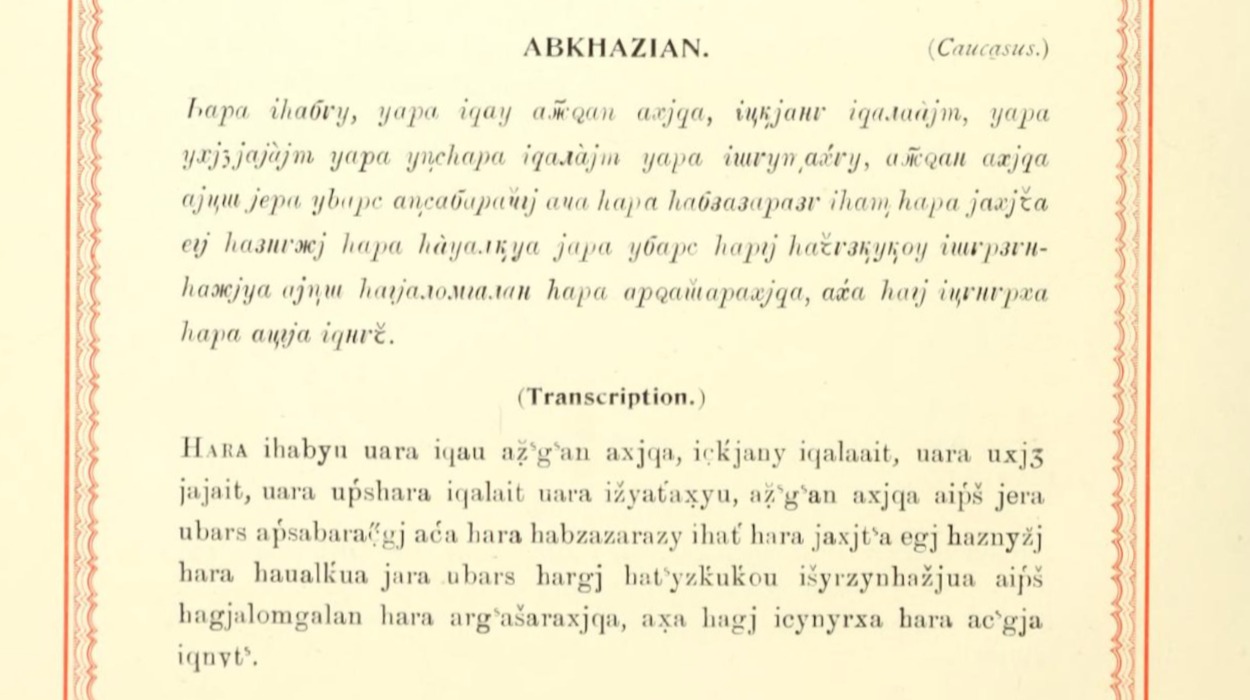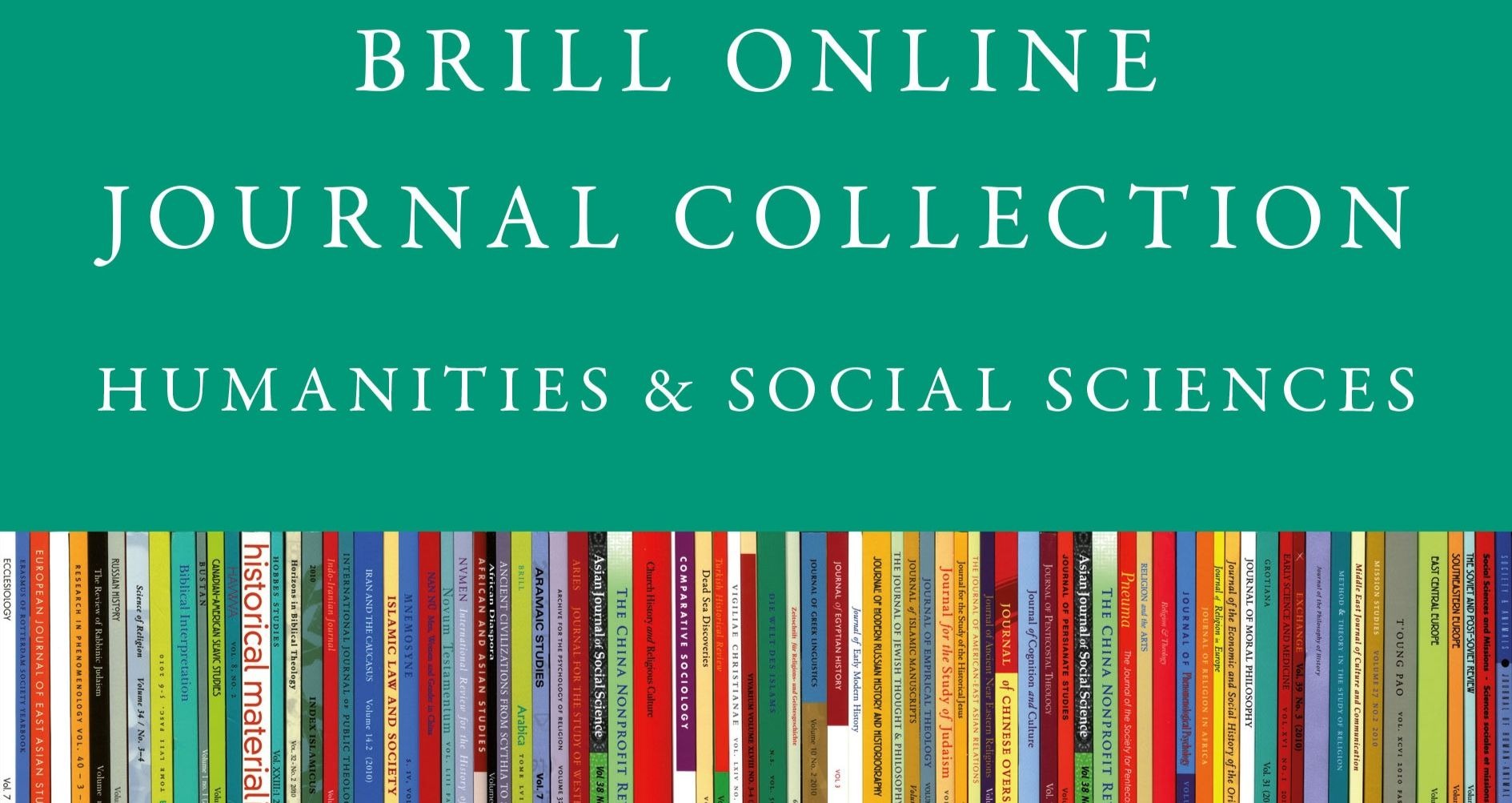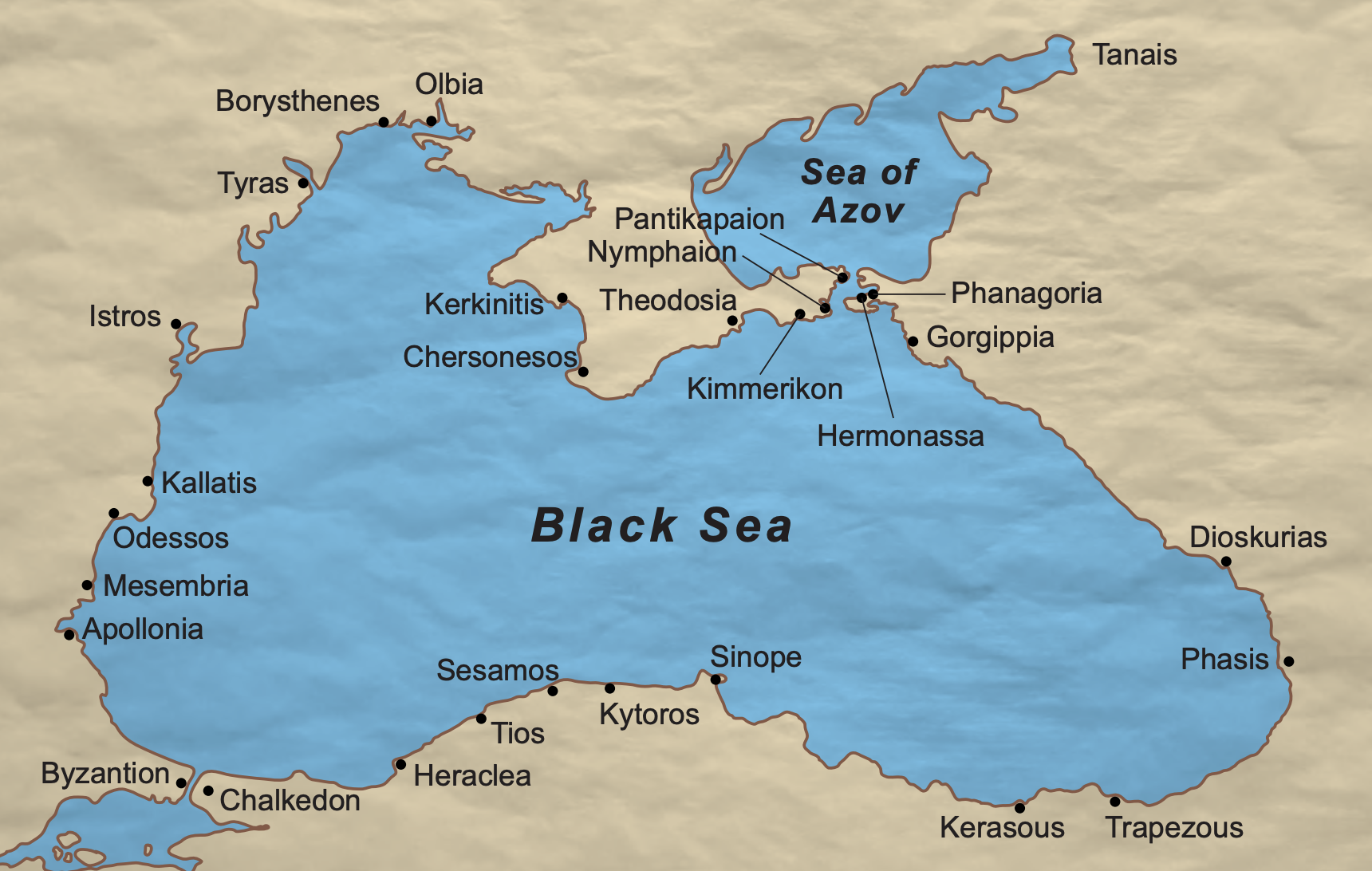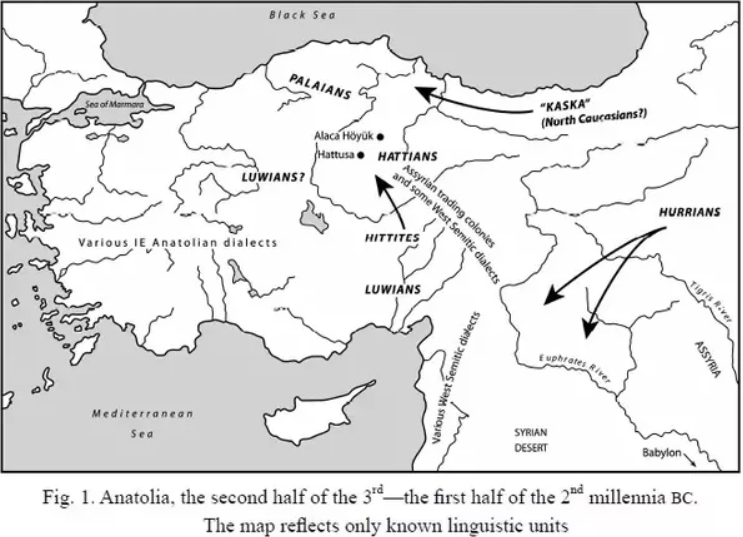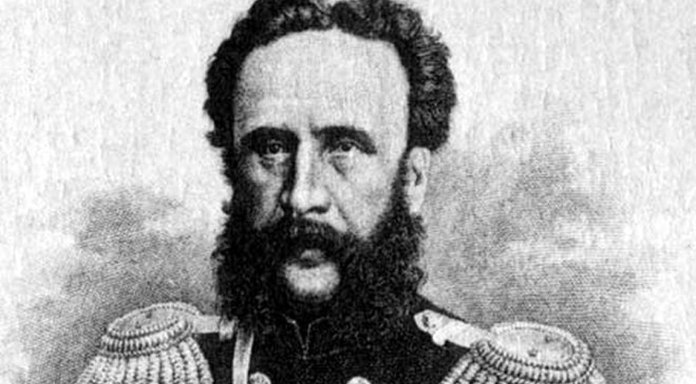Are Verbs Always What They Seem to Be? By George Hewitt

Iran & the Caucasus, Vol. 12, No. 2 (2008), pp. 307-323
The NorthWest Caucasian language-family is noted (notorious) for the polysynthetic nature of its verbs. If one couples this with fact (a) that morphemes typically take the shape C(V) and fact (b) that the language has a minimum of 58 consonantal phonemes (sc. in its literary dialect) and that homonymy is widespread, one might expect that, for ease of encoding/decoding, verb-forms would shew great regularity and structural transparency. On the whole, this is indeed the case. However, there are instances where analysis presents some problems.
Read more …Are Verbs Always What They Seem to Be? By George Hewitt